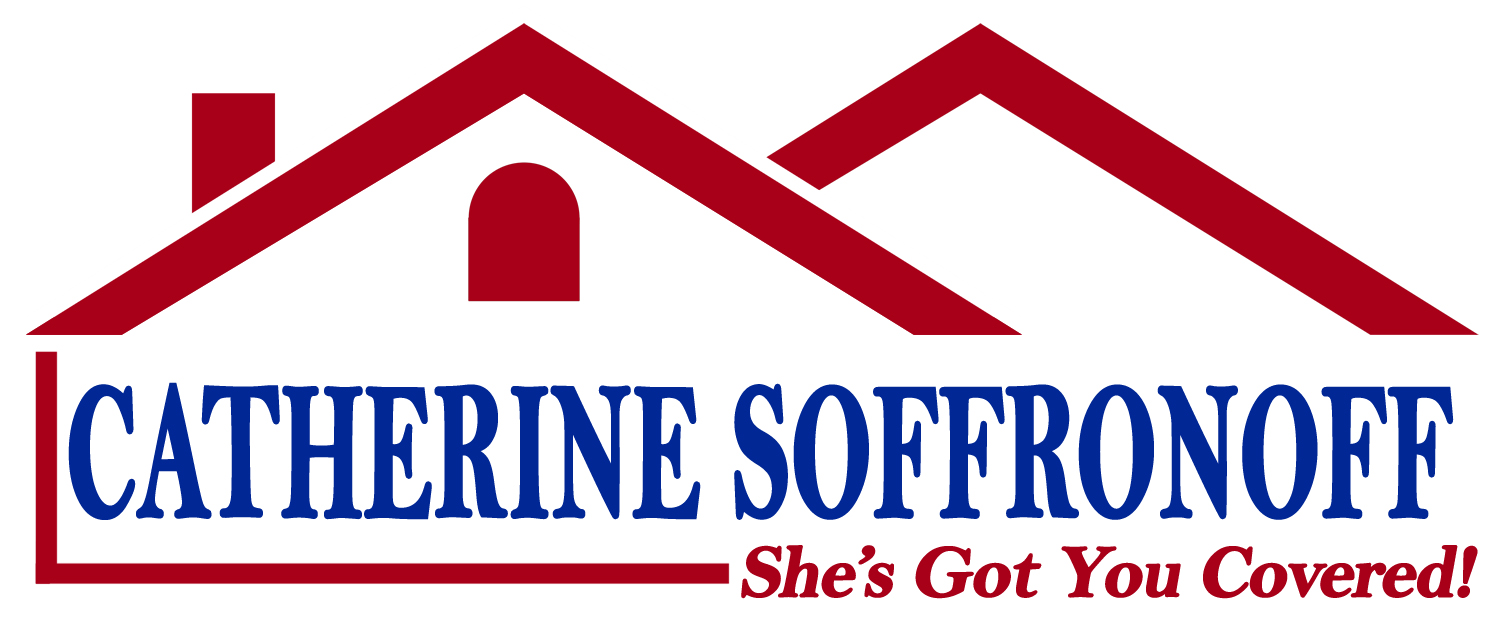Why Your Trust Should Own Your Home - A Guest Post by Anthony Carducci, Esq.
/Ways to Own Your Home
When you buy a house, you can title (i.e. own) your home in different ways, but each has its own advantages – and disadvantages that you, as a homeowner, should know. You can own the home in your name, with your spouse, or with someone(s) else. Here I shall discuss the pluses and minuses of when more than one person owns a home. When you own the home with another person and you each own 100% of the home, we call that joint ownership. Owning your home with your spouse (tenants by the entireties) is a form of joint ownership. When you own 75% of the home and someone else owns the other 25%, for example, that is known as owning the property as tenants in common. Each of these forms of ownership has drawbacks. First, if you own the home jointly with someone, the home is subject to creditors of either party. So, if your friend gets into a car accident, is sued and loses, the winner of that lawsuit might be able to force a sale of that home. Also, all of the owners have to agree to any proposed use of the property. Second, if all of the owners pass away then the house will go through probate. Probate is a lengthy process (at least nine months in Maryland) where creditors or unhappy friends/family can sue your estate. Additionally, the person in charge of your estate has lots of confusing paperwork to complete and file with the court under tight deadlines all while grieving over your passing.
What can you do to avoid these problems?
Consider a Trust
A trust is very similar to a Limited Liability Company (LLC) or a corporation. The trust is simply a way of holding assets and determining what happens to those assets in the future. Usually, the trust is designed so that children, loved ones, or a charity will benefit from the assets in the trust at some point in the future. The trust is managed by a trustee, who is usually the initial creator of the trust.
You should have your trust own your home because the trust protects the home and your other assets from probate. If the trust is structured properly, you might be able to eliminate capital gains tax on the sale of your home. An additional reason to move your home and other assets into your trust is to ensure that your children or loved ones inherit these assets and do so at the right time. One of the worst things that parents sometimes do is to leave their assets for their kids to receive all at once, and then they inherit when they are too immature to handle those assets.
If you are considering buying a home, you should speak with an attorney who specializes in trusts first so that we can properly establish your trust before you buy the home. Why? Because you are paying for the title company to properly list the owner of the home on your deed. If your trust is established before you buy the home, you can have the title company list your trust as the owner. If you buy the home in your name and then want to put your home into your trust, perhaps five years later, you will have to pay for a deed a second time.
In summary, the best way to own a home is in your trust. Through a trust, you can ensure that your heirs inherit the home at an appropriate time for them. A trust enables you to avoid probate and, in some situations, protect the home against creditors. Please give me a call (240-235-5070) or send me a note (anthony@carducciandbraggs.com) if you would like my law firm to help you find an ideal solution for owning your home.

